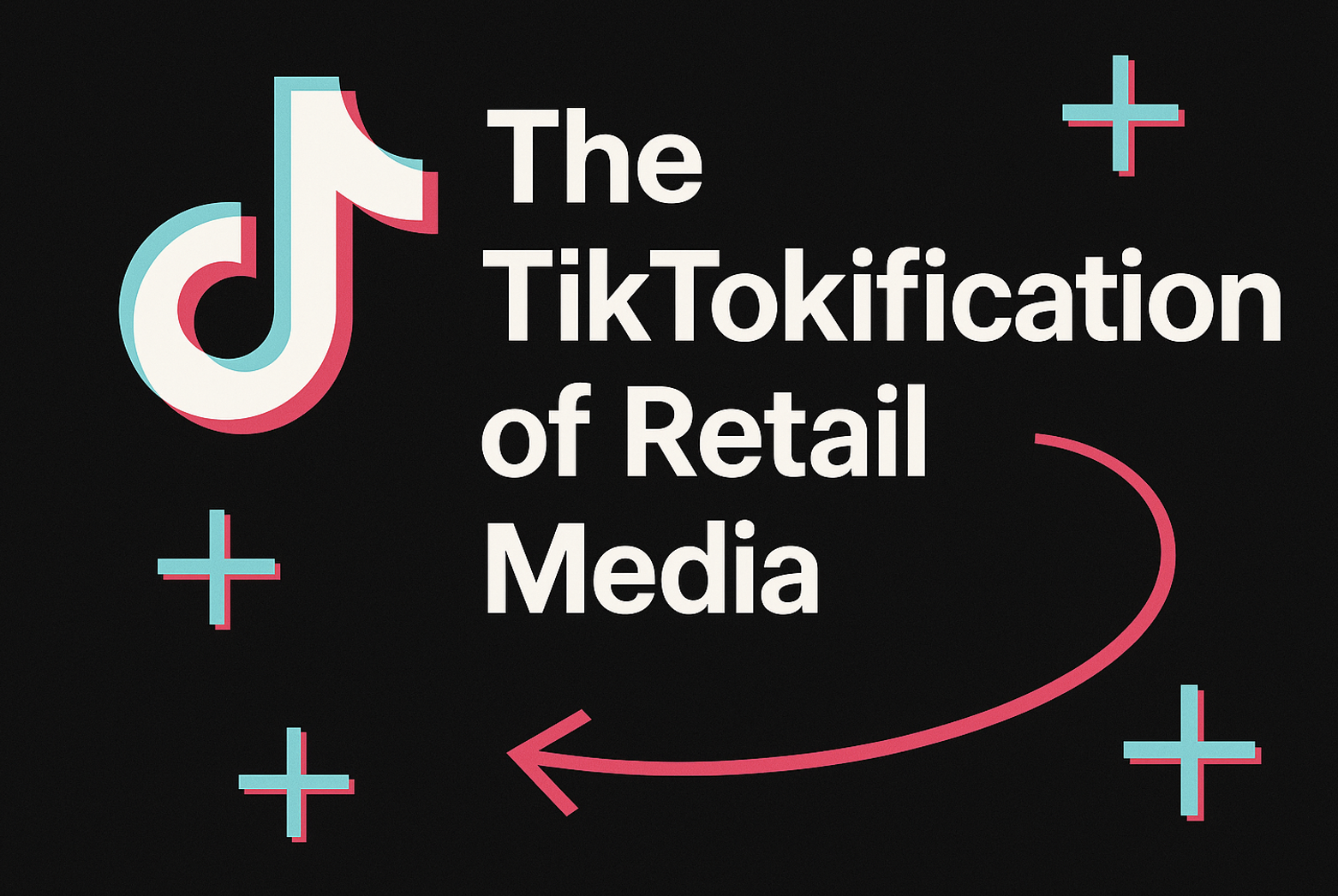Emotions, rather than rationality, appear to be the backbone of customer loyalty. Shoppers who find a brand that reflects their emotional needs and desires are more likely to buy the brand and recommend it to their friends and family. Much of this is driven by a retailers’ strong identity and representation of a brand, to which buyers can relate and go on to recommend it to people like them. It seems that what shoppers are yearning for today is a true connection with a retailer of their choice.
A new report, Loyalty deciphered – how emotions drive genuine engagement, from the Capgemini Digital Transformation Institute surveyed over 9,000 consumers and 500 executives across nine countries including the UK, France, Germany and the United States, to analyse the main drivers behind brand loyalty. The study revealed that 82% of consumers with high emotional engagement with a brand would always buy its products when making purchasing decisions, in comparison to 38% with low emotional engagement. In addition, 81% of emotionally connected consumers will not only promote the brand among their loved ones, but they will also spend more. The research suggests that 70% of consumers with a high emotional engagement are willing to spend up to twice as much with those brands. Indeed, suggested the report, retailers who are able to foster loyalty through higher emotional engagement with consumers stand to gain from a potential 5% boost to annual revenues.
Current loyalty tactics no longer meet consumers’ expectations. An earlier report by Capgemini’s Digital Transformation Institute looked at the reasons why shoppers abandon loyalty programmes and found that 28% of respondents reported leaving them without redeeming any points. In fact, more than half (54%) of loyalty memberships remain inactive. One of the key causes of this is that many of today’s customer retention initiatives attempt to buy loyalty through monetary rewards only. Shoppers think that retailers haven’t provided timely and meaningful offers, that retailers did not make an effort to understand them and use this information to create a relevant experience. There’s no point in trying to persuade people to be brand ambassadors in this way.
Today’s new report emphasises that importance of emotional characteristics such as honesty and trust on customer loyalty to a brand. However, this does need to be a balancing act with rational benefits. As much as customers want have an individualised approach, they still believe other and brand values are important when they decide on which companies they will bestow their loyalty.








